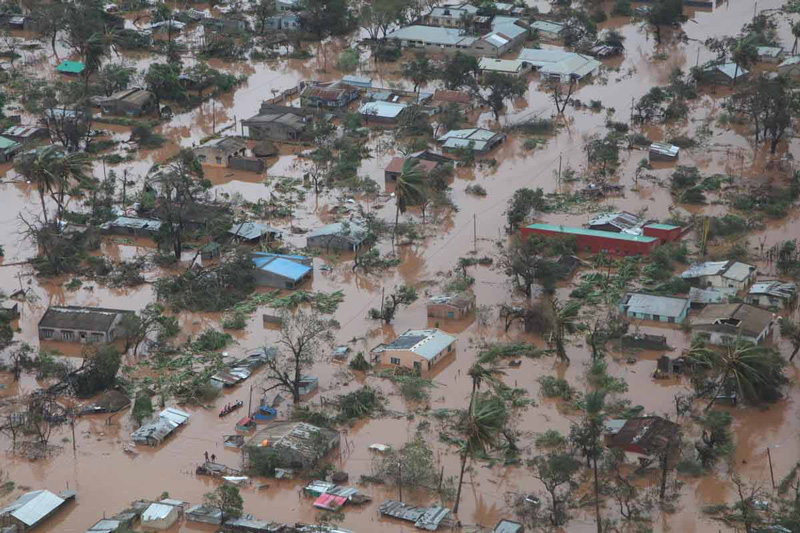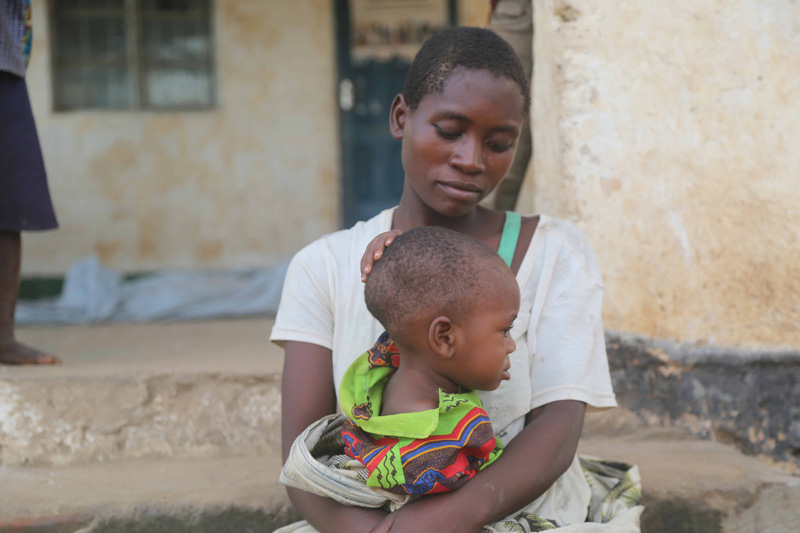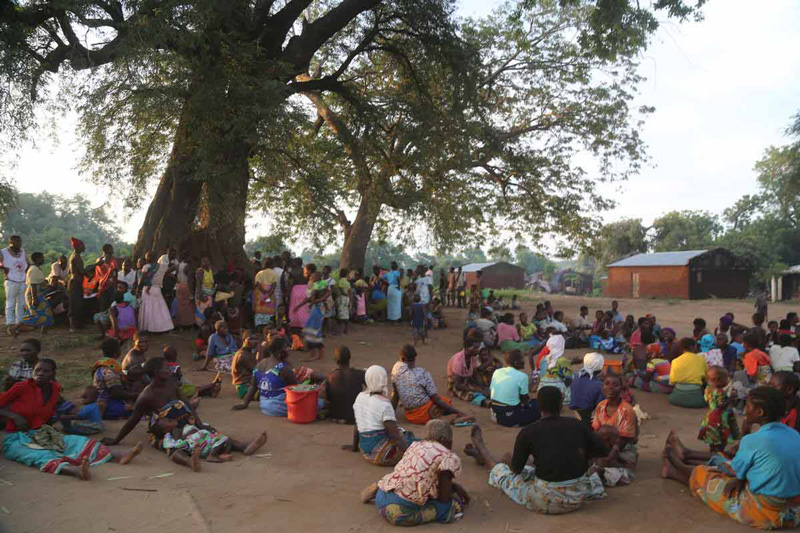The cyclone has caused loss of life, significant displacement and destruction of shelter and infrastructure, with the flood zone covering over 3,000 square kilometres across the three countries. It is being described as, potentially, the Southern Hemisphere's worst ever weather-related disaster.
At latest report, more than 750 people are known to have died across the three countries, the vast majority of those in Mozambique. In addition, over 2.5 million people have been affected, with hundreds of thousands of people forced to flee homes that have been inundated with floodwaters.
“Our colleagues tell us Beira has been decimated with almost all buildings damaged or destroyed. Access is only possible by boat or air, and people are without power and struggling to find food,” says World Vision’s regional humanitarian director, Joseph Kamara.
This disaster comes following successive failed crop seasons due to poor rainfall and drought that affected most of the areas experiencing flooding.
Situation in Mozambique
As of March 21
st, Celso Correia, Mozambique’s land and environment minister reports that there are at least 15,000 people who are still in need of rescue. Over 500,000 people are estimated to be fully displaced in Mozambique, meaning they have been forced to leave their homes and villages.

Sofala, Mozambique in the wake of Cyclone Idai. Photo: National Institute of Disaster Management
At this time, at least 66 people have been reported dead, while 111 have been reported injured. It is estimated that at least 600,000 people in Mozambique are directly impacted overall. In the capital city, Tete, more than 84,000 hectares of crops have been flooded. Crop damage is expected to be severe, with the full impact to be determined in the following days.
What’s happening in Malawi?
At last report, more than 922,000 people were displaced by flooding and are in immediate need of food as they stay in camps and wait to rebuild their homes. At least 430,000 children have been affected, with more than 320,000 children not in school as a result. All those affected require food, shelter and other vital essentials.

Heavy rains and flooding have affected around 84,000 people across 15 districts in Malawi including the southern city of Blantyre. Photo: Charles Kabena
Zimbabwe: State of disaster declared
With more than 50,000 people impacted, a state of disaster has been declared in southeast Zimbabwe. In the latest update, more than 135 people have been counted dead, with over 140 injured and at least 189 missing.
At the time of publication, the World Food Programme (WFP) was reporting that more than 200,000 Zimbabweans will need urgent food aid for the next three months.
Chimanimani and Chipinge remain the hardest-hit districts. With bridges destroyed and routes blocked by mudslides and fallen trees, Chimanimani is now largely cut off from the rest of the country. The only access to the area is now by air.
Many people are afflicted
There is genuine despair among those displaced, according to the World Vision scoping team.
“Our teams on the ground in Mozambique, Zimbabwe and Malawi are hearing terrible stories of how the cyclone and the floods it caused tore through villages, ripped children from the hands of loved ones, destroyed homes and smashed farmland and crops,” says Kamara.
Children are severely affected by the crisis, which has exposed many to the risks of disease, hunger, injury and death. Some have been separated from their families, and there are significant protection and safeguarding concerns.
“We are increasingly concerned about the children caught up in this disaster. They don’t have access to food, their homes have been badly damaged or destroyed, and those who have been separated from families are at particular risk,” reported Kamara.

Over 840,000 Malawians have been affected by flooding and are in need of support. About 84, 000 people are in camps while others are being kept by relations. Photo: Charles Kabena
The need is great—but we can help
World Vision staff is already on the ground providing immediate assistance to children and families impacted by this disaster – but the need is immense.
As aid workers struggle to reach remote areas, the extent of the damage is emerging, with children and families going without clean water, food and shelter for days. Orphaned, abandoned and vulnerable children are the top priority.
“World Vision continues to scale up our response, trying to get aid through to those who need it most,” stated Kamara. “We will work to build social cohesion and provide lifesaving assistance to meet the critical needs of the affected children.”
Significant work will be done in partnership with international non-government organizations, UN agencies and community-based organizations who are already present in the affected areas.
We need your help. Your generosity will provide life-saving essentials like food, clean water and more to vulnerable children, their families, and communities. Your gift will also help establish safe spaces for children where their physical and emotional needs can be met during this crisis.